If you’ve noticed your cat shaking their head more than usual recently, it could be caused by several factors. It could be something really simple, like a scratch, that you can treat at home, or it might be something more serious, like an infection that will require a trip to the vet.
It’s easy to feel like we’re overreacting when it comes to our pets. We’re often playing a guessing game because they can’t just tell us what’s wrong. We will go through the potential reasons your cat is shaking their head, and we’ll also let you know if it requires a trip to the vet.

The 8 Reasons Your Cat Is Shaking Their Head
1. Ear Infections
Ear infections are itchy and painful and can be caused by bacteria or yeast. Your cat will shake their head in an effort to eliminate their discomfort and will continue to do so until the infection has been treated. An untreated ear infection can lead to more serious symptoms, like loss of balance or disorientation.
If your cat has an ear infection, you may notice that their ear smells or there is a brown, yellow, or waxy discharge in their ear.
Both indoor and outdoor cats can be affected by ear infections, and other potential causes of ear infections include:
The good news is that feline ear infections are usually relatively easy to treat. Your vet may give you antibiotics after ruling out severe medical conditions. If you need to speak with a vet but can't get to one, head over to PangoVet. It's an online service where you can talk to a vet online and get the advice you need for your pet — all at an affordable price! Ear mites cause an intense itch that can cause your cat to shake their head and paw at their ear. If you look closely, you might see a thick brown waxy discharge in your cat’s ears. The backs of their ears might be a little bald from all the scratching, and you may notice little white specks inside the ear that look like dirt. You’ll know the material isn’t dirt because the white specks will move around. Ear mites are more common in young kittens, but older cats aren’t immune. There are various treatments for ear mites, like spot-on treatments and ear drops. If your vet opts for ear drops, they may suggest treating the ears for a week, stopping to allow any eggs to hatch, and continuing treatment for a further week once they’ve hatched. Ear mites are highly contagious between other cats and also dogs so the whole pet household may need treatment. When small blood vessels burst within your cat’s ear flap, it causes the ear to swell and fill with blood. An aural hematoma makes the ear flap look swollen, like a balloon. When you gently press on it, you’ll feel it’s full of fluid. If you notice a swelling you will need a trip to the vet. The hematoma can occur due to trauma, but it’s often related to cats shaking their head and excessively scratching due to ear infection. Once it’s formed, your cat’s ear canal becomes narrower, which is the ideal environment for the bacteria to thrive. The only option is to take the cat to the vet because your cat’s itchiness, pain, and discomfort will only worsen. Often, aural hematomas need to be drained. To do this, your vet will use a needle or a small blade to release the blood from the inside of your cat’s ear while they are under sedation. Some aural hematomas will need surgical correction. Cats can develop an abnormal growth inside their ears or at the back of their throats called polyps. They aren’t as easy to see as you might think because they can be deep inside the ear canal or behind the eardrum. Polyps are soft tissue growths that are usually not malignant, but they can cause inflammation and infections. Depending on where they’re growing, they may interfere with your cat’s pupil size, eye movement, balance, and breathing. To find out exactly what’s going on, your vet may need to take x-rays and a CT scan, and the polyps could then be removed with surgery. It’s unusual but not unheard of that foreign material can lodge in the ear canal and cause irritation and itchiness. This foreign material could be anything, like hairs or vegetation. If this is the case, your vet will try and locate it using a special ear scope, and it can usually be removed under sedation. Fleas, and more specifically, their bites, can cause irritation and itchiness, making your cat shake their head, scratch and excessively groom. Fleas can be treated with oral parasite treatments, sprays, and spot-on treatments. But remember, fleas are sneaky and can hide in carpets, soft furnishings, and on other pets, so treating your house will also be necessary. Problems like a rotten tooth, gum problems, gingivitis, and periodontal disease are uncomfortable and may cause the cat to shake their head to try and ease the pain. Dental problems won’t go away on their own, and it’s vital to take your pet to the veterinary clinic for treatment. Bad breath, inflamed gums, and discolored teeth are all signs of a dental problem. Just like humans, cats can develop allergies at any point. The allergies could be related to the cat’s diet, environment, or even from the bites of fleas. Your vet can perform tests to identify the allergens. Sometimes the solution is as simple as a topical solution which will ease the itch, or your pet may need to be switched to a new food or put on medication. It’s important to know the difference between a shake and a tremor. A head shake is on purpose, while a tremor is when they develop a shake that they can’t control. If your cat develops a tremor, please contact your vet for an emergency appointment. Several causes we’ve listed today won’t go away on their own and will require veterinary treatment. If your cat is shaking their head with no other symptoms, you should monitor the animal closely to see if the condition improves over the course of the day. If your pet seems unwell, displays other symptoms, or their ears have changed in appearance and smell, you should see a vet. Outdoor cats, or cats that live in a multi-cat household, are at a higher risk of trauma to their ears. Scratches and bites can result in lacerations and punctures that can become infected. You can clean minor abrasions and cuts with antiseptic solutions a few times a day at home, but if the wound is deep or the scrapes fail to improve, take your cat to see a vet. If your cat is shaking their head, it’s clear you shouldn’t ignore it. You should talk to the veterinarian for advice, even if you suspect the behavior is only temporary. If symptoms other than head-shaking start to materialize, contact your vet immediately. Featured Image Credit: Alexander Piragis, Shutterstock

2. Ear Mites
3. Aural Hematoma
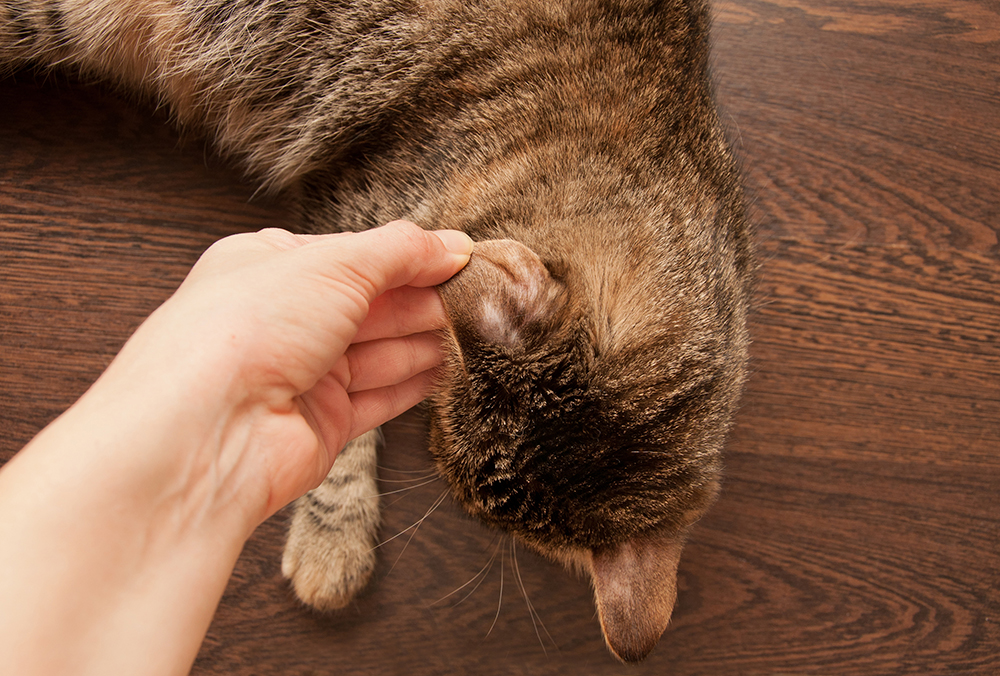
4. Polyps
5. Foreign Materials
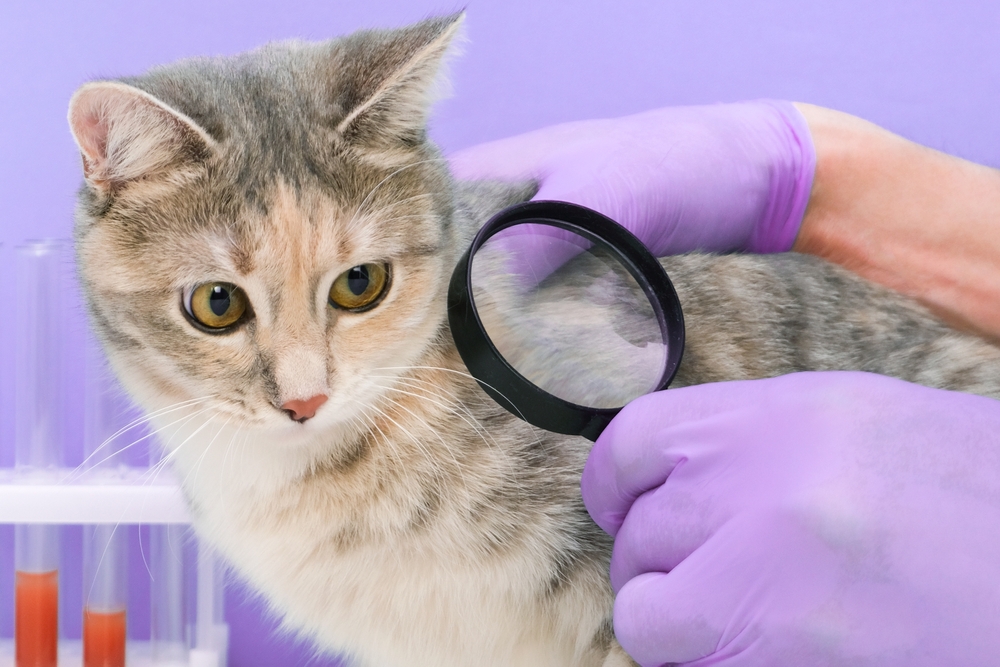
6. Fleas
7. Dental Problems
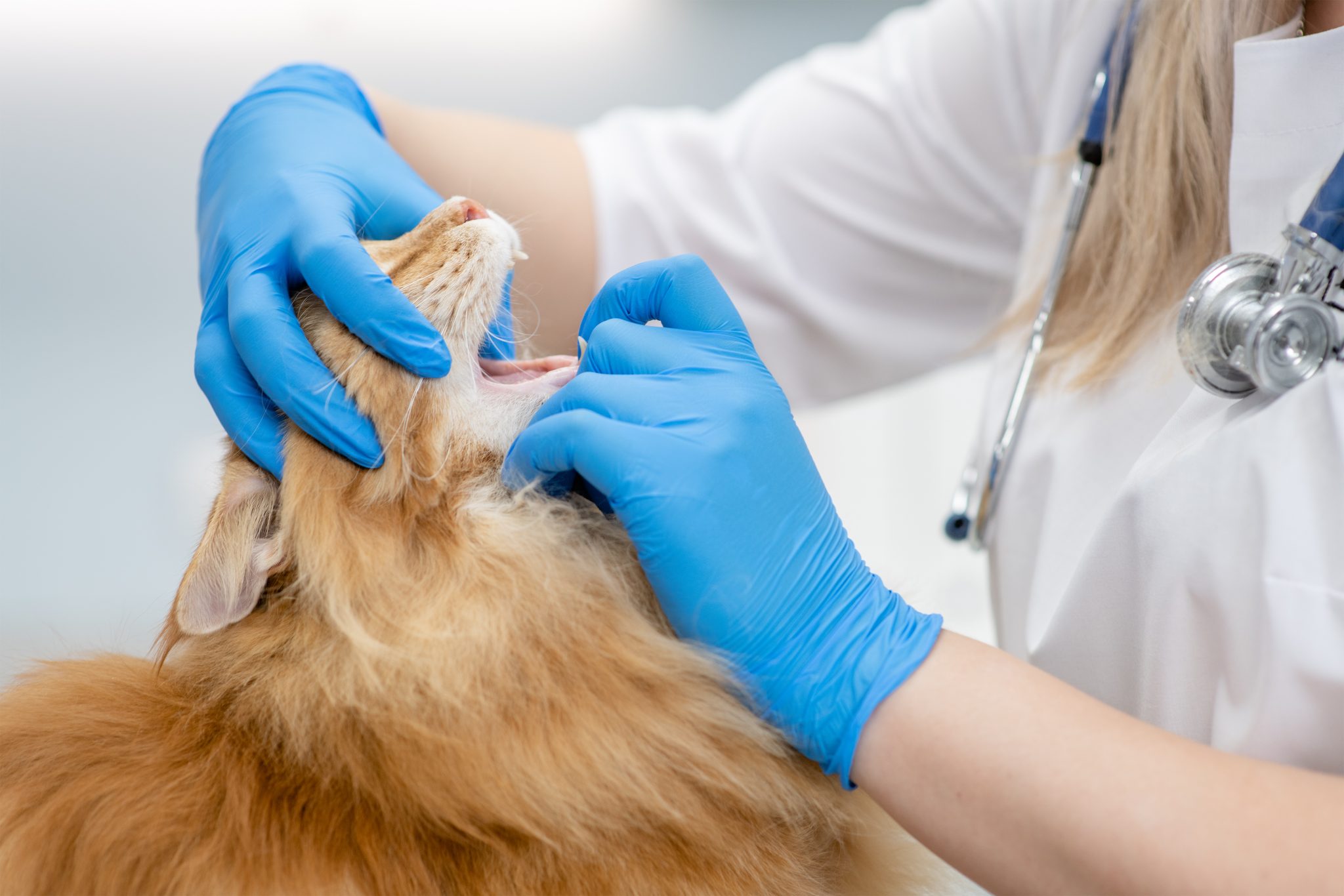
8. Allergies

Frequently Asked Questions
What Is the Difference Between Head Shakes and Tremors?
When to Go to the Vet?

Is There Anything Else You Should Look Out For?

Conclusion
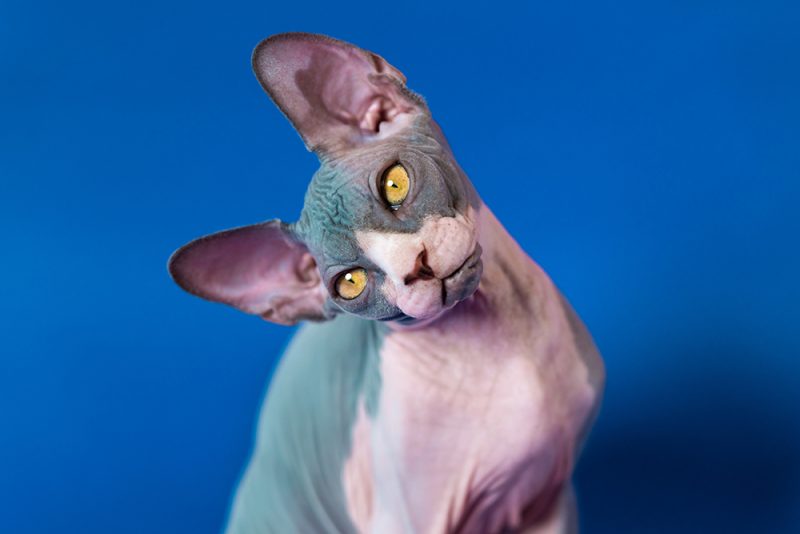

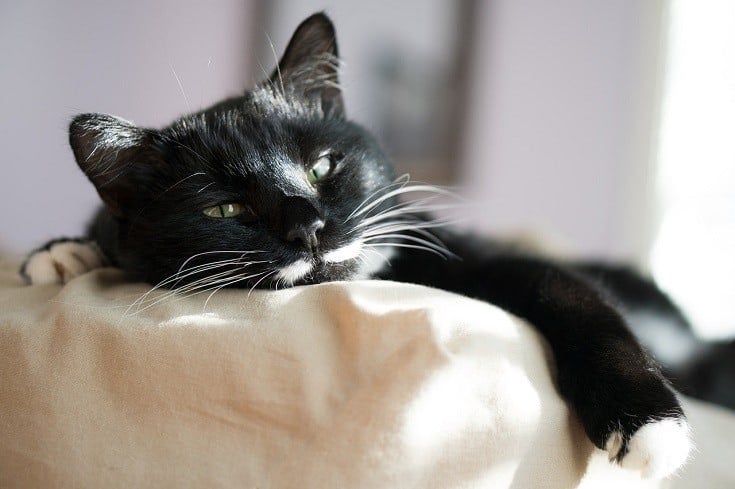




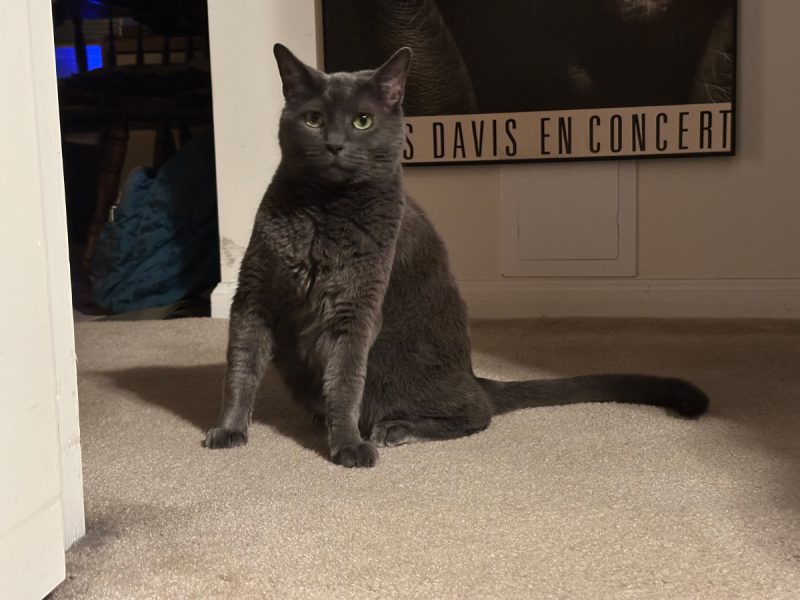

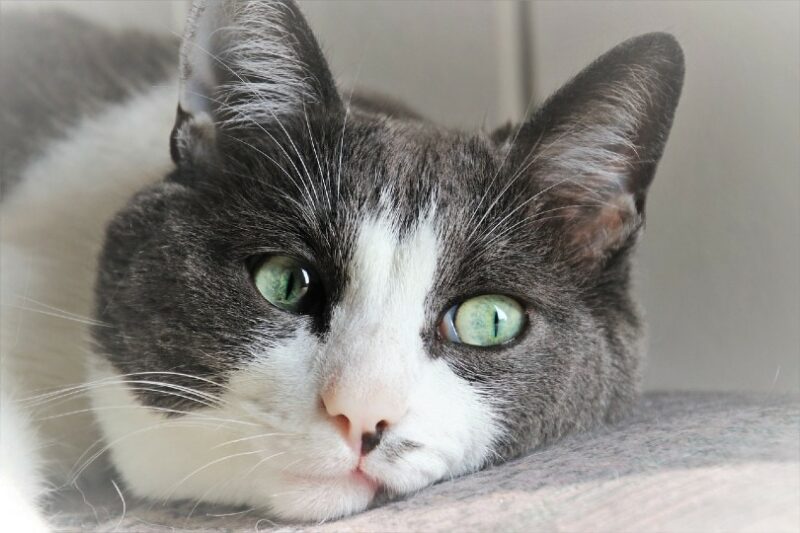

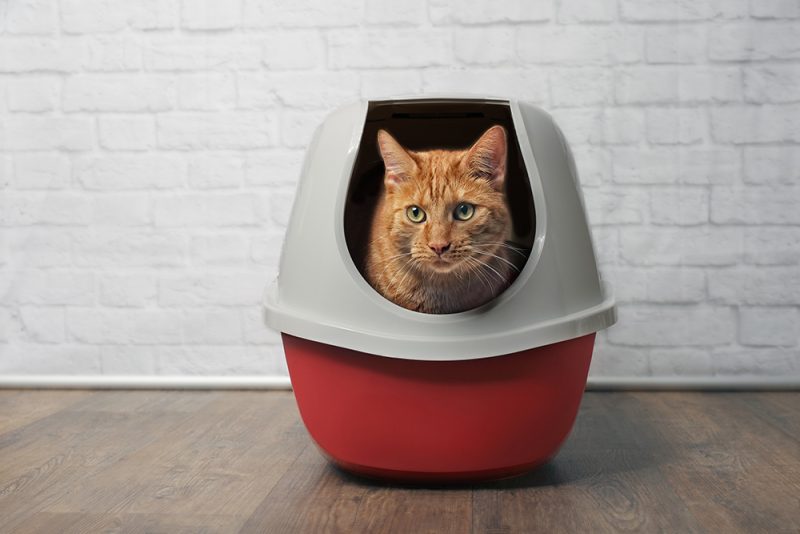

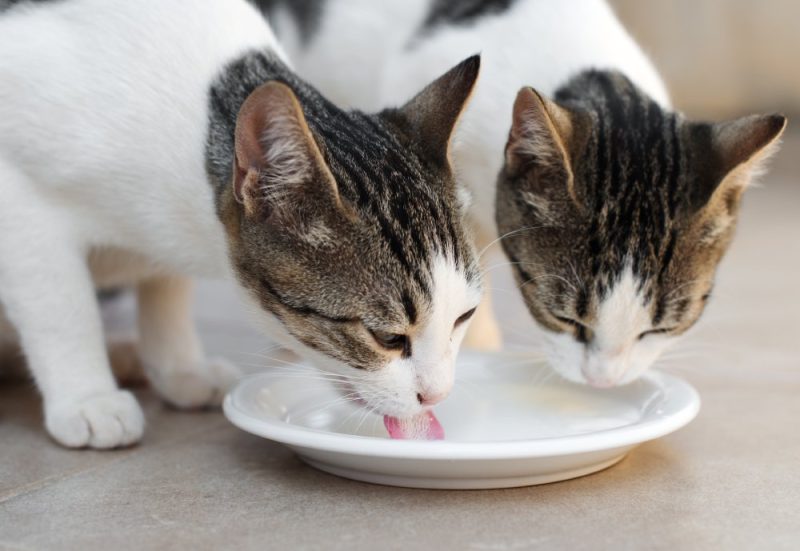

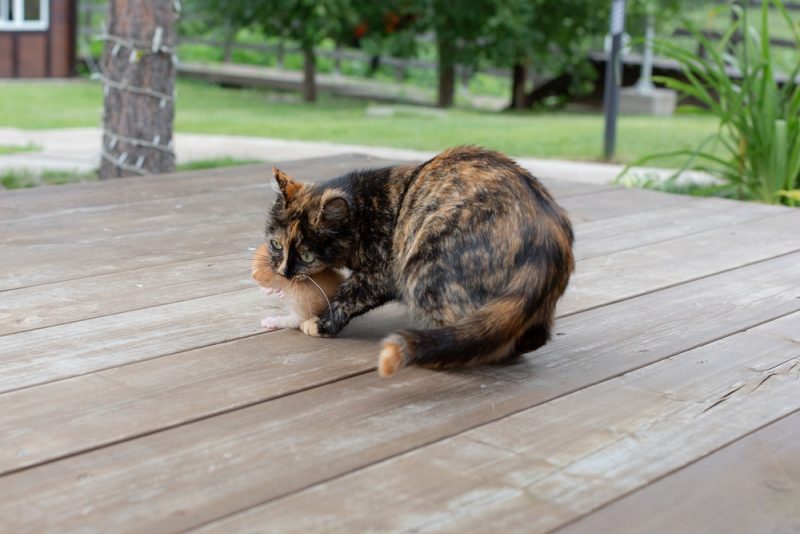

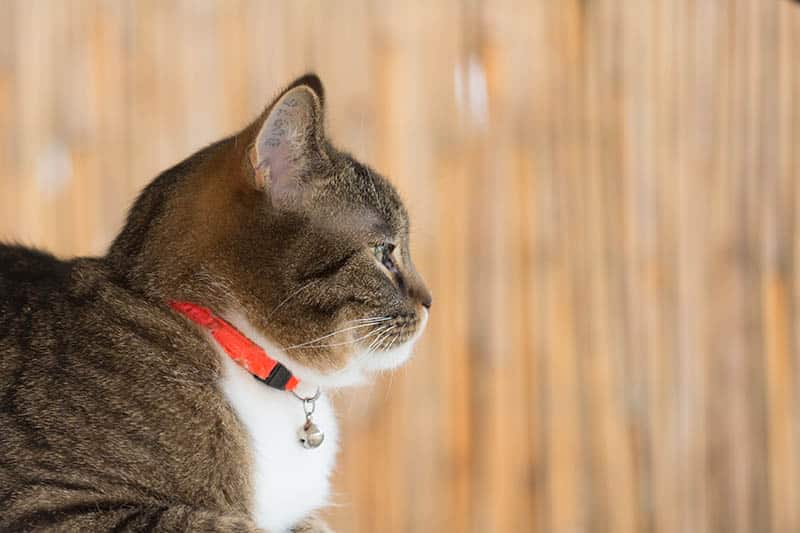



2 Responses
I have 2 indoor cats, they are both female, they are sister's. If one cat is in a place the other one wants to be in they will start grooming each other and then start fighting with each other. I want to know if they bite hard enough to hurt each other ?
Also can one of the cats be a Alpha female ??
They are both 2 years old, I got them when they were 4 months old. they don't like fancy feast tuna lol.
Hi David. It sounds like you have a couple of lively sisters on your hands! We understand your concern about their interactions. Cats can bite hard enough to cause injury during fights. The concept of a strict "alpha female" isn't as clearly defined in cat behavior; they often establish more fluid social structures based on resources. If you're concerned about the intensity or frequency of their fights, or if you see any signs of injury, we recommend booking a 1:1 consultation with a vet at PangoVet.com. They can assess your cats' behavior and offer tailored advice.
You might also find these articles helpful:
"Do You Have Cats Who Are Inseparable?" at https://www.catster.com/lifestyle/cat-behavior-cats-inseparable/
"Introducing Cats: 7 Tips for When a Kitten Drives Other Cats Nuts" at https://www.catster.com/lifestyle/cat-kitten-behavior-training-introducing-cats-tips/